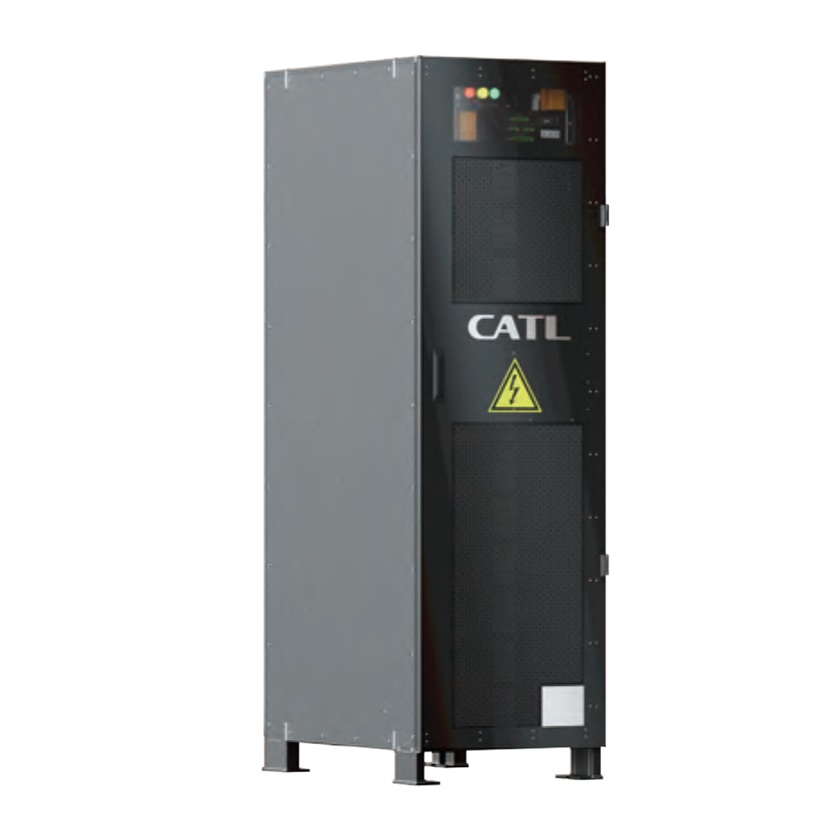 |
Welcome To Evlithium Best Store For Lithium Iron Phosphate (LiFePO4) Battery |
 |

In today's digital age, where continuous power is vital for both personal and professional operations, Uninterruptible Power Supply (UPS) systems have become indispensable. Central to these systems is the UPS battery, a component that ensures devices remain operational during power disruptions. This article delves into the intricacies of UPS batteries, their types, functionalities, and the evolving landscape of backup power solutions.
A UPS battery is a rechargeable energy storage device integral to a UPS system. Its primary function is to provide immediate power during electrical outages or fluctuations, safeguarding sensitive equipment from potential damage or data loss. Unlike standard batteries, UPS batteries are designed for rapid response, ensuring a seamless transition between primary power sources and backup systems.
A comprehensive UPS system comprises several critical components:
Inverter: Converts stored DC power from the battery into AC power suitable for most electronic devices.
Battery: Stores electrical energy, ready to supply power during disruptions.
Charger: Replenishes the battery by converting incoming AC power into DC power.
Transfer Switch: Monitors power quality and swiftly switches to battery power upon detecting anomalies.
These components work in unison to ensure uninterrupted power delivery, maintaining the integrity of connected devices and systems.
While both UPS batteries and regular batteries store and supply electrical energy, their applications and functionalities differ:
Purpose: Regular batteries provide power for general use, whereas UPS batteries are specifically designed for emergency power backup during outages.
Response Time: UPS batteries offer instantaneous power delivery, crucial for preventing data loss or equipment damage.
Integration: UPS batteries are integrated into systems that monitor power quality and manage seamless transitions between power sources.
UPS systems utilize various battery types, each with distinct characteristics:
Variants: Includes Valve-Regulated Lead-Acid (VRLA) and Flooded Lead-Acid batteries.
Advantages: Cost-effective and reliable for short-term power needs.
Limitations: Heavier, require regular maintenance, and have a shorter lifespan (typically 2-5 years) .
Advantages: Higher energy density, lighter weight, longer lifespan (up to 15-20 years), and minimal maintenance requirements .
Limitations: Higher initial cost, but often offset by longer service life and reduced maintenance expenses.
The longevity of a UPS battery is influenced by factors such as usage patterns, environmental conditions, and battery type:
Lead-Acid Batteries: Generally last between 2 to 5 years, with performance degrading over time .
Lithium-Ion Batteries: Offer extended lifespans, often aligning with the UPS system's operational life, reducing the need for replacements .
Regular monitoring and timely replacements are essential to ensure optimal UPS performance and reliability.
The UPS industry is witnessing a gradual shift towards lithium-ion batteries, driven by their superior performance metrics:
Enhanced Lifespan: Reduced frequency of replacements over the UPS system's life.
Compact Design: Higher energy density allows for smaller, lighter battery units.
Lower Total Cost of Ownership: Despite higher upfront costs, long-term savings are realized through reduced maintenance and replacement expenses .
This transition reflects the growing demand for efficient, reliable, and sustainable power backup solutions in various sectors, including data centers, healthcare, and telecommunications.
UPS batteries play a pivotal role in maintaining uninterrupted power supply, protecting critical systems from the adverse effects of power disruptions. Understanding the types, functionalities, and maintenance requirements of UPS batteries enables informed decision-making, ensuring the selection of appropriate solutions tailored to specific needs. As technology advances, the adoption of lithium-ion batteries signifies a move towards more efficient and sustainable power backup systems, aligning with the evolving demands of modern infrastructure.
Edit by paco
Last Update:2025-04-25 08:33:18
All Rights reserved © 2026 Evlithium Limited